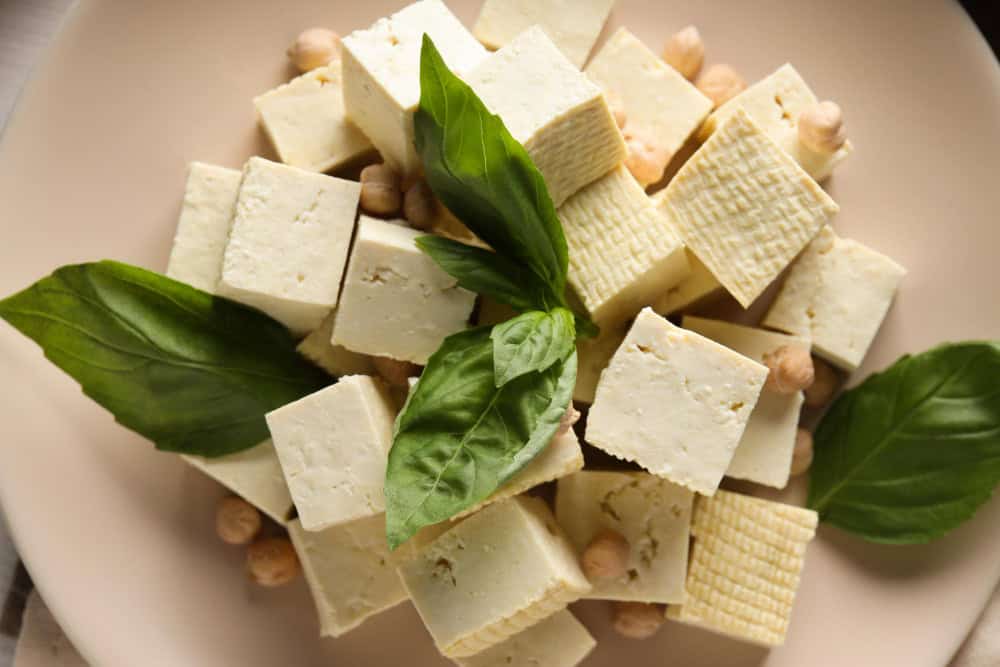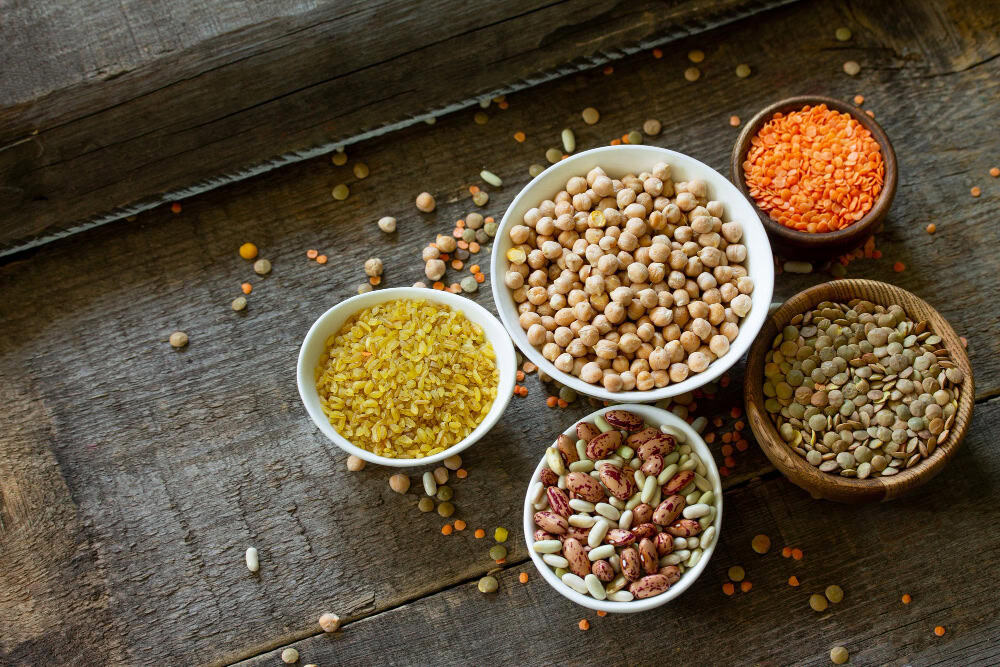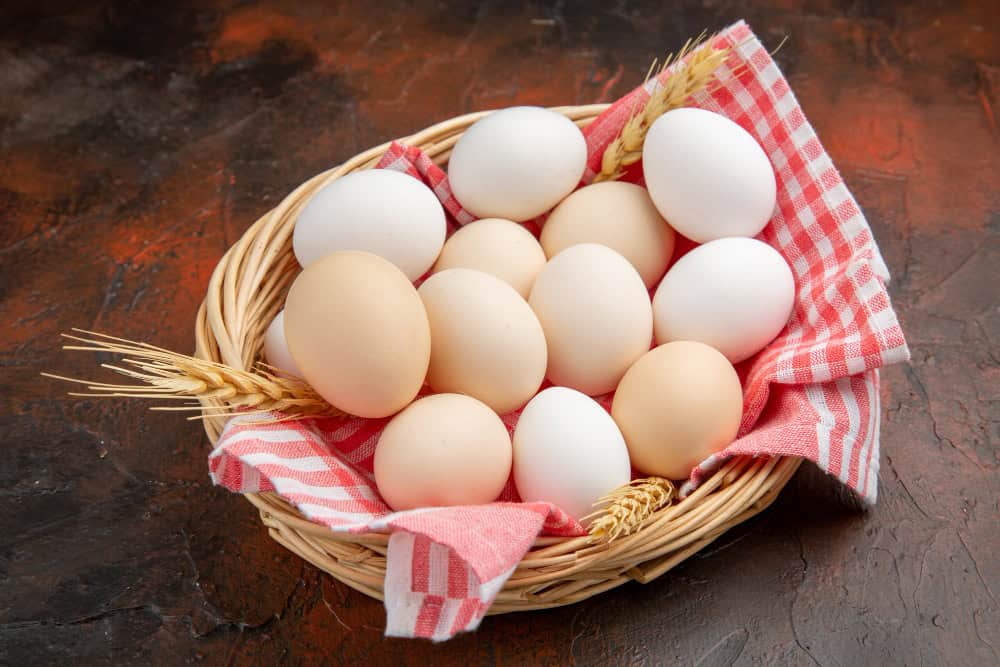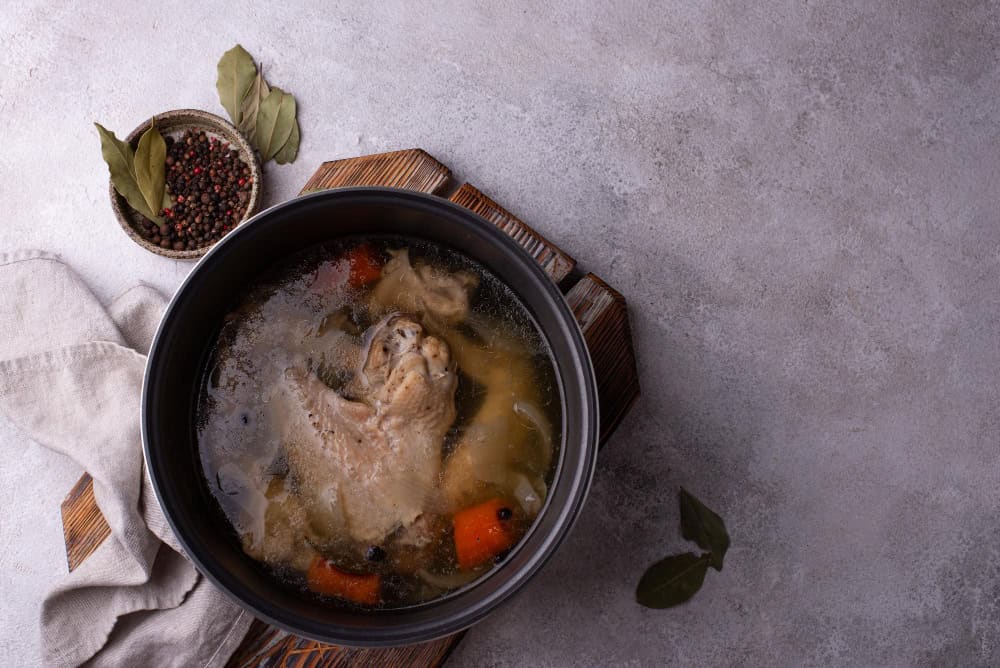
Protein is an essential macronutrient that helps repair tissues, build muscles, support immunity, and also keep us full. But for many people, especially those with sensitive digestion or gut issues, typical protein sources can cause bloating, discomfort, or heaviness. Fortunately, there are protein-rich foods that are gentler on your stomach – and are often recommended for better digestion.
From light fish to probiotic yogurt and plant-based tofu, these options can help you meet your daily protein goals without upsetting your gut. Let’s explore 8 stomach-friendly protein sources that help you stay healthy, energized, and comfortable.
What Makes Protein “Easy to Digest”?

Before we dive in, let’s understand why some proteins feel heavy while others don’t. The digestibility of a protein depends on factors like:
– Fat content: High-fat proteins take longer to break down.
– Processing and cooking method: Light cooking instead of frying helps increase digestibility.
– Protein structure: Some proteins are more bioavailable (can be more easily used by the body) than others.
– Fiber content: Many plant-based protein sources are rich in fiber. These can slow down the digestion or cause gas.
According to a review of protein digestibility, animal proteins (meat, eggs, milk) have an average digestibility of approximately 93%, while plant proteins (legumes, grains, nuts) are around 80% digestible. [1] With that in mind, here are 8 protein sources that are gentler to digest.
8 Protein-Rich Foods That May Be Easier On Your Gut
People with different dietary habits can lean towards different options discussed below:
1. Greek Yogurt

Greek yogurt is considered a protein-rich source due to its straining process, which makes the yogurt thicker by removing excess liquid (whey protein). It also has probiotic properties that support gut health. It is easier on the stomach than high-fat or full-fat dairy and, hence, considered beneficial overall.
2. Tofu/Soft-Soy Products

Tofu is a plant-based protein that, when prepared simply (steamed or lightly cooked), is easier to digest. As it is made from soybeans, it is low in fibre and high in protein. Half a cup of firm tofu can offer 21.8 grams of protein with 181 calories [3] and 11 grams of fat. Hence, high levels of protein in tofu make it a vegetarian alternative to animal-derived protein.
3. Legumes (Chickpeas, Lentils, and Mungbeans)

Lentils, chickpeas (or chana), and mung beans are packed with protein and fiber, but can be tough to digest if undercooked. But they are still one of the most protein-rich foods among plant-based proteins. When soaked and cooked properly, they are easier to digest and less likely to cause gas. They are also rich in iron and folate, making them a choice for vegetarians and vegans who are aiming to enhance their protein intake naturally.
4. Milk

Milk is a classic and soothing protein source for those who tolerate dairy well. It provides calcium and vitamin D, which support bone and muscle health. But if regular milk causes bloating due to lactose intolerance, try lactose-free options, which are gentler on the stomach yet nutritionally rich.
5. Eggs

Eggs are often known as the go-to protein. They are relatively easy to digest, low in fiber, and nutrient-rich. People with sensitive digestion or weakened immunity, including those undergoing cancer treatment, often find eggs suitable for their diet [2]. While whole eggs are generally well tolerated, some people might find egg whites lighter because they lack the fat and membranes of the yolk.
6. Fish and Turkey

White fish (like cod) or lean cuts of fish or baked turkey breasts are generally low in fat, which makes them gentler on the digestive system. When you remove the skin of the turkey and avoid heavy seasonings or frying, poultry provides lean, relatively easy protein. Cooking methods like baking or broiling help keep it digestible. Hence, fish and turkey are among the recommended protein-rich foods that are easy to digest.
7. Bone Broth

Broths are protein-rich soups made by boiling animal bones, meat remnants, or tendons. Because they are in a liquid form, they are often more gentle on the stomach, especially for people with gut sensitivity. Eating them warm also helps the body absorb proteins more effectively.
8. Pumpkin Seeds

Due to their tough outer coating, most seeds are often hard to digest. However, among all seeds, pumpkin seeds are among the easiest to digest and are generally well-tolerated. They offer approximately 25-37% protein [4], and sprinkling them on top of your salads or yogurt is a simple way to boost both flavor and nutrition without straining the gut.
Tips for Better Protein Digestion

- Cook simply: steam, poach, or bake instead of frying.
- Avoid heavy spice initially: let your gut adapt first.
- Chew thoroughly for proper digestion.
- Rotate sources: eat a variety, so your gut does not get burnt out
Gut-Friendly Note
Proteins are essential – but not all proteins are created equally when it comes to digestion. Choosing gentler options can help you meet your needs without discomfort. Combine these with the tips, and you will find a balance that can nourish your body and respect your gut.
But if you are someone with any kind of gut-related issues or they are still persistent, it is always smart to consult a gastroenterologist or dietitian.
Recommended Reads
The Mexican Way of Eating: Flavorful and Surprisingly Healthy
7 Smart Weight Loss Tips To Hit Your Goal Before The Year Ends
5 Top Protein Options for Weight Loss
References
1. Gaudichon C, Calvez J. Determinants of amino acid bioavailability from ingested protein in relation to gut health. Current Opinion in Clinical Nutrition & Metabolic Care. 2020;24(1):55-61. doi:10.1097/mco.0000000000000708
2. Easy-to-Digest Foods. Cancer.gov. https://www.cancer.gov/about-cancer/treatment/side-effects/nutrition/easy-to-digest. Published October 15, 2024.
3. AHA News
https://www.heart.org/en/news/2022/10/10/clearing-up-questions-on-whether-tofu-is-healthy
4. Singh A, Kumar V. Pumpkin seeds as nutraceutical and functional food ingredient for future: A review. Grain & Oil Science and Technology. 2023;7(1):12-29. doi:10.1016/j.gaost.2023.12.002
FAQs
Q. How do I reset my gut?
To reset your gut, focus on foods that nourish healthy gut bacteria and reduce inflammation. Eat more fiber, fermented foods, and stay hydrated. Avoid sugary or processed foods to help restore.
Q. Is paneer or tofu healthier?
Both paneer and tofu are protein-rich foods, but they differ slightly. Paneer has more fat and calcium, while tofu is a lighter and vegan-friendly choice. The healthier choice depends on your diet goal and digestion.
Q. What Indian food is good for gut health?
Indian cuisine naturally includes several gut-friendly, protein-rich foods that support digestion and overall health. Yogurt/curd is one of the best examples, as it contains probiotics that maintain a healthy gut microbiome.
Q. What are the symptoms of a damaged gut?
Common symptoms of a damaged gut include bloating, constipation or diarrhea, gas, food sensitivities, and sometimes skin issues like acne or eczema.
Q. Does curd digest faster than milk?
Yes, curd (yogurt) digests faster than milk because it contains probiotics – good bacteria that support gut health. It is best consumed in moderation and preferably during the daytime for optimal gut benefits.
(The article is written by Sneha Jajoo, Intern, Clinical Health & Content, and is reviewed by Dr.Subita Alagh, Assistant Team Lead, Disease Content.)